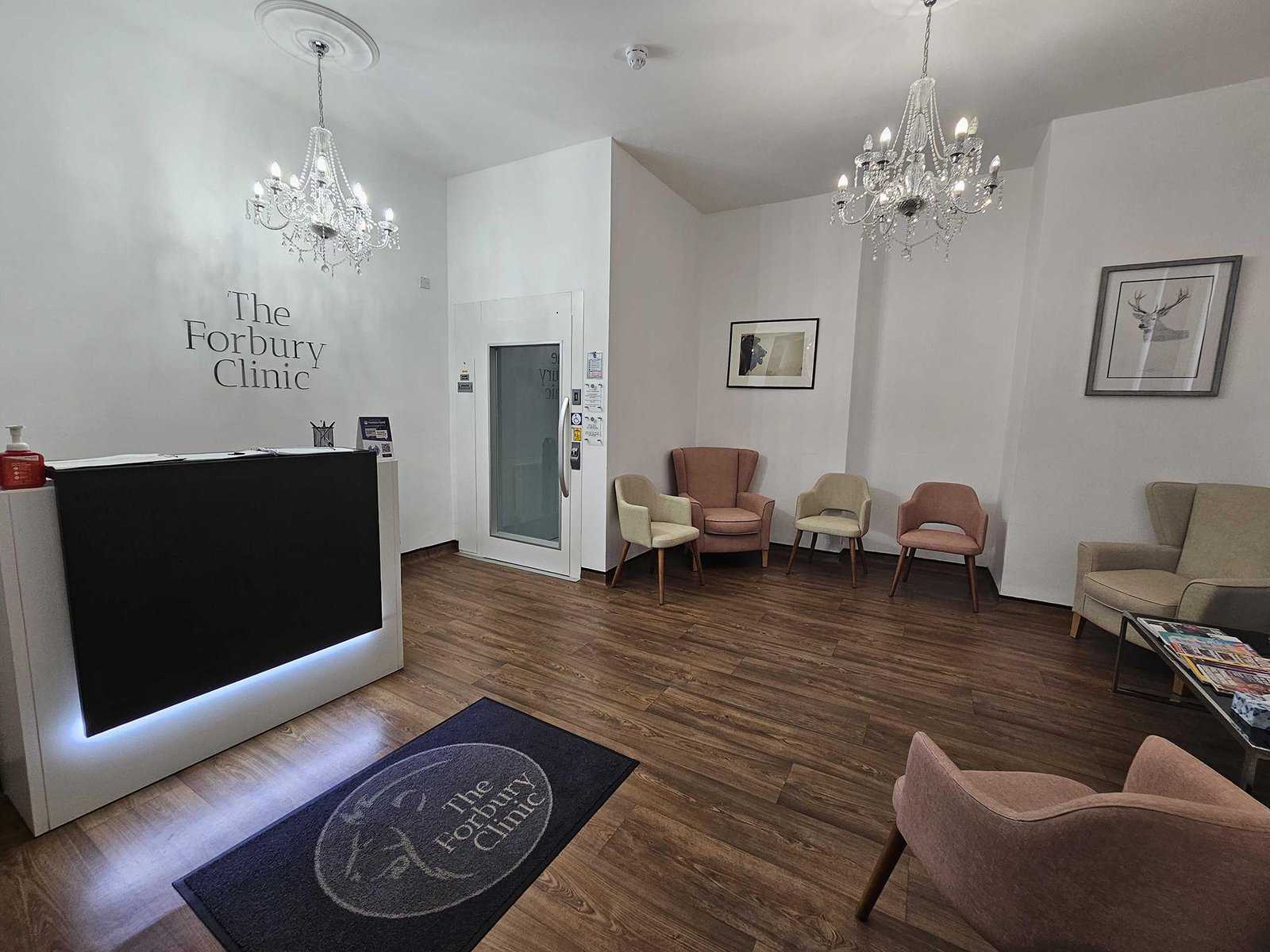Skin Cancers including Basal Cell
Early detection and treatment of skin cancers, including Basal Cell Carcinoma, is crucial. Submit an enquiry for a consultation at The Forbury Clinic today.

Introduction to Skin Cancers including Basal Cell
Skin cancers, including Basal Cell Carcinoma (BCC), are among the most common forms of cancer. These cancers primarily affect areas of the skin exposed to the sun, such as the face, ears, neck, scalp, shoulders, and back. Addressing skin cancer early is vital to prevent complications and ensure effective treatment. At The Forbury Clinic, we offer comprehensive care and advanced treatment options to help you manage and overcome skin cancer.


What is Skin Cancer including Basal Cell?
Skin cancer is the uncontrolled growth of abnormal skin cells. Basal Cell Carcinoma (BCC) is the most common type of skin cancer, arising from the basal cells in the epidermis. BCC typically appears as a small, shiny bump or nodule on the skin, often in areas exposed to the sun.
Common symptoms and signs:
- A pearly or waxy bump
- A flat, flesh-colored or brown scar-like lesion
- A sore that bleeds, heals, and recurs
- Visible blood vessels on the skin surface
Causes and Risk Factors
Skin cancers, including BCC, are primarily caused by prolonged exposure to ultraviolet (UV) radiation from the sun or tanning beds. Other factors contributing to the development of skin cancer include:
Fair skin, light hair, and light eyes
History of sunburns
Excessive sun exposure
Family history of skin cancer
Weak immune system
Exposure to radiation or certain chemicals
Diagnosis
Diagnosing skin cancer typically involves a thorough skin examination by a dermatologist. If a suspicious lesion is found, a biopsy is performed to confirm the diagnosis. The biopsy involves removing a small sample of the skin tissue and examining it under a microscope to detect cancerous cells.
Specific tests and assessments:
- Dermoscopy
- Skin biopsy
- Imaging tests (if the cancer is suspected to have spread)

Treatment Options
Treating skin cancer, including BCC, involves various approaches depending on the type, size, location, and stage of the cancer. Treatment options at The Forbury Clinic include:
- Non-Surgical Options
- Surgical Options
- Innovative Treatments
Cryotherapy (freezing)
Topical medications (imiquimod, 5-fluorouracil)
Photodynamic therapy (PDT)
Radiation therapy
Excisional surgery
Mohs surgery (layer-by-layer removal of cancerous tissue)
Curettage and electrodessication (scraping and burning)
Advanced laser treatments
Immunotherapy for advanced skin cancer
Managing Skin Cancer including Basal Cell
Managing skin cancer involves regular follow-ups and self-care measures to prevent recurrence and manage ongoing health.
Avoid excessive sun exposure and use sunscreen with a high SPF
Wear protective clothing, hats, and sunglasses
Regularly examine your skin for new or changing lesions
Follow your dermatologist’s recommendations for follow-up appointments and treatments
Risks and Benefits
Benefits:
- Effective treatment can lead to complete removal of cancer
- Early intervention prevents the spread and complications
- Advanced treatments offer less scarring and faster recovery
Risks:
- Recurrence of cancer if not entirely removed
- Potential scarring from surgical treatments
- Side effects from non-surgical treatments


Why Choose The Forbury Clinic?
Choosing The Forbury Clinic ensures you receive expert care from our highly skilled dermatologists and oncologists. We utilise cutting-edge technology and personalised treatment plans to provide the best outcomes for our patients. Our patient-centered approach ensures you receive compassionate care throughout your treatment journey.
